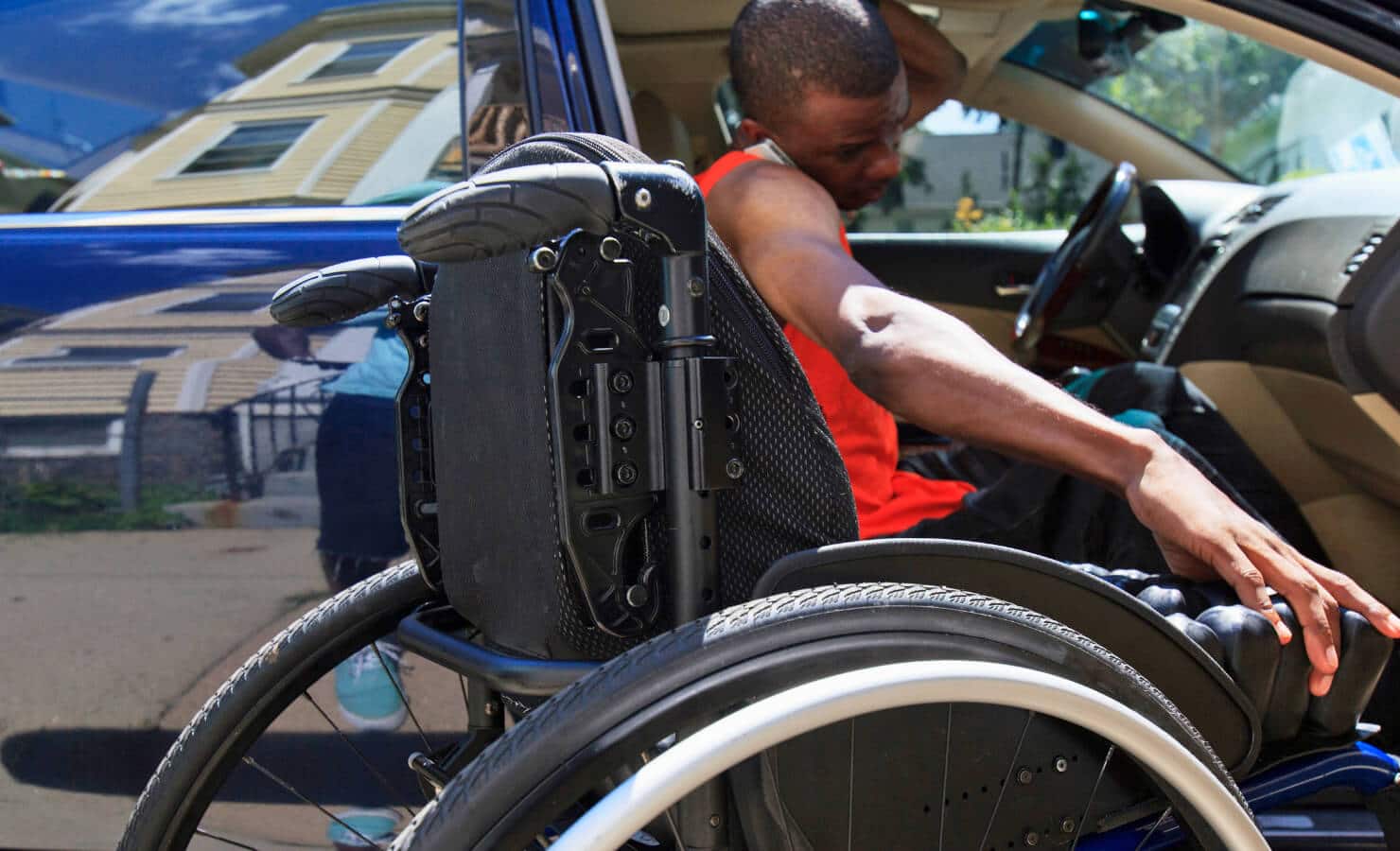Many physicians are trained to work primarily with children with CP, and numerous physical resources are available in this life stage to help strengthen and stabilize musculoskeletal and muscle function. However, as adulthood approaches, resources and ongoing treatments begin to wane.
Ongoing Therapy Options for CP
Individuals living with CP experience motor function challenges and additional symptoms that increase with age, and for those with I/DD, this can exacerbate coping strategies and increase anxiety and frustration. In many instances, individuals can benefit by using assisted medical devices like braces or wheelchairs, while others may not require any assistance. Several avenues of rehabilitation and treatment can help lessen the severity of symptoms during adulthood.
Brain Power and Physiotherapy
While there is no cure for CP, physical symptoms can be treated throughout adulthood. The brain has the life-long ability to alter its neural-circuitry, called neuroplasticity. People with CP can teach their brains to “re-adjust” to improve mobility functions. Through one-on-one or group sessions, care workers can help individuals with I/DD develop repetitive behaviors that are beneficial to increasing motor function. Physiotherapy is an effective treatment for targeting the muscle groups that need strengthening and for developing new behaviors to help alleviate ongoing symptoms.
Speech Therapy
Speech may be impeded by a lack of facial muscle control or spasticity, impacting a person’s ability to eat properly and communicate their needs. Speech pathologists can help those with CP and I/DD develop an exercise program that targets oral muscles, and introduce adaptive communication tools for self-expression.
Psychotherapy
Many adults with CP, including individuals with I/DD, can develop depression, anxiety, and feelings of isolation. A loss of independence as symptoms increase can have a profoundly negative impact on mental health. Consulting a psychotherapist to learn individualized coping mechanisms can help improve a person’s overall outlook.
Additional Therapies
Individuals with CP and I/DD may also consult with an occupational therapist. The use of orthotic devices can be quite helpful with building mobility and stability and providing musculoskeletal support. Medications and surgery are sometimes required to decrease spasticity and other symptoms.
Supportive Environments
Group homes are an excellent supported-living option for individuals with I/DD, providing nurturing, safety, and support by a team of clinical and human services professionals. Agencies, such as ILA in New York, help residents live as independently as possible within their community, providing opportunities for enhanced socialization, community inclusion, and daily living skills. Group homes can be ideal environments for people living and learning with I/DD and CP, helping individuals to achieve and maintain a high quality of life.
For more information on CP, an excellent resource to start with is the Cerebral Palsy Research Network, or CPRN. Among the helpful information provided are links to clinicians, specialists, and much more.

































































